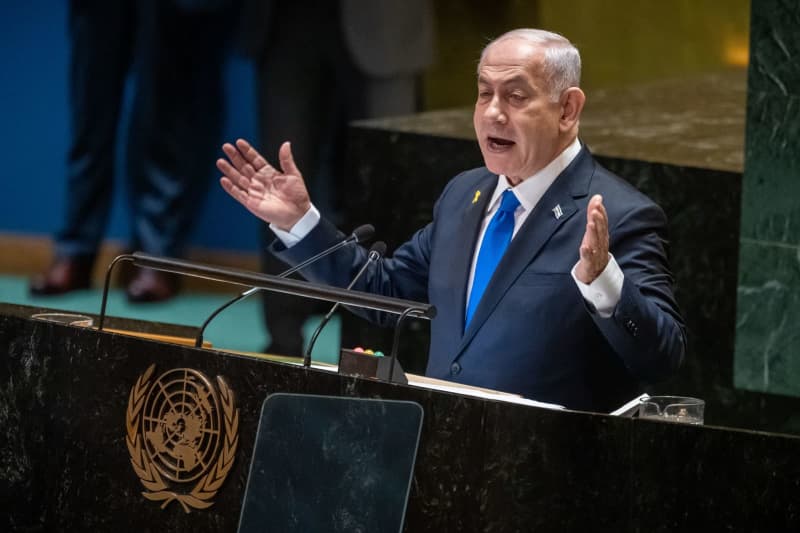Israeli Prime Minister Benjamin Netanyahu has recently directed a substantial increase in humanitarian deliveries to the beleaguered population of the Gaza Strip, according to reports from Israeli media outlets. This decision comes amid ongoing conflict in the region and aims to alleviate the suffering of civilians in the coastal area. Notably, Israeli public broadcaster Kan has highlighted that Netanyahu plans for 250 trucks per day to transport humanitarian supplies to Gaza. This initiative marks a significant shift in response to escalating pressure from the United States, which has suggested that it may reconsider arms deliveries to Israel if conditions for Palestinian civilians do not see marked improvements.
The decision to ramp up aid deliveries follows the distressing reports from various agencies regarding the dire humanitarian situation in Gaza. The Israeli authority overseeing Palestinian affairs, known as the Coordination of Government Activities in the Territories (COGAT), has confirmed that there has already been a recent influx of aid, with 50 trucks entering Gaza on Wednesday and an additional 30 on Friday. These figures, while notable, are still starkly inadequate compared to the pre-war levels, which saw around 500 trucks delivering essential goods and aid on a daily basis before the conflict escalated in October of the previous year.
The severity of the humanitarian crisis has particularly affected children in the region, with reports from the United Nations Children’s Fund (UNICEF) indicating that nearly one in five children suffering from severe malnutrition, known as wasting. This alarming statistic underscores the critical state of health and nutrition among children in Gaza, highlighting the urgent need for substantial and sustained humanitarian efforts. As the situation continues to deteriorate, international organizations and humanitarian agencies are compelled to call for more significant action to address these vulnerabilities.
The humanitarian aid deliveries, although ramped up, can be seen as a response to both internal pressures within Israel and external influences from the international community, particularly the United States. The U.S. has historically been a staunch ally of Israel, but its leverage and conditions about the treatment of Palestinian civilians signify a potential shift in diplomatic relations. The Biden administration’s position emphasizes the need for humanitarian considerations in American foreign policy, specifically regarding Israel. This transition reflects a larger discourse on human rights and civilian protection amidst ongoing conflicts, indicating that foreign support may come with strings attached, especially regarding humanitarian issues.
Despite the planned increase in aid, the current rate of humanitarian deliveries remains inadequate to meet the overwhelming needs of the Gazan population. Infrastructural damage, blockade restrictions, and the ongoing military situation complicate and limit the delivery of supplies. Current statistics indicate that even with the anticipated increase in deliveries, the number of trucks and the amount of assistance will still fall short of the daily needs of the population, suggesting that there remains a significant gap between what is necessary and what is currently being provided.
In summary, Netanyahu’s order for increased humanitarian aid deliveries reflects both a recognition of the humanitarian crisis in Gaza and a strategic response to international pressure, particularly from the United States. While steps are being taken to facilitate more aid, the humanitarian situation in Gaza remains critical, particularly for vulnerable populations such as children. The gap between pre-war aid levels and current deliveries highlights the ongoing challenge of adequately supporting the Gazan population amid conflict and geopolitical dynamics.

